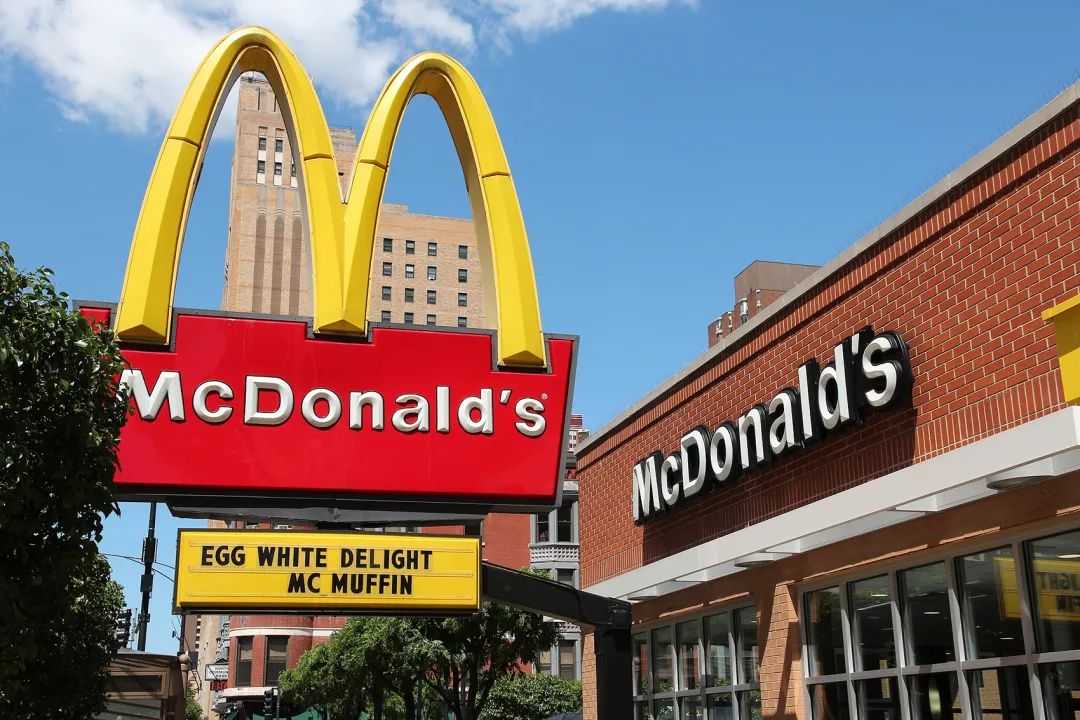
Recently, a business piece of news has drawn widespread attention: The latest financial report released by the US fast food chain giant McDonald's shows that its sales in the first quarter of this year witnessed the largest decline since the outbreak of the COVID-19 pandemic. Global sales dropped by 1%, and in the largest market, the United States, sales fell by 3.6%, a decline far greater than the 0.5% predicted by analysts. As a globally renowned restaurant brand, McDonald's has a huge consumer base and a mature operation system. Behind the recent sharp drop in sales, the tariff stick waved by Trump after his return to power is to blame.
Trump's implementation of tariff policies aims to bring manufacturing back to the United States. By imposing high tariffs on imported goods, he intends to raise the threshold for foreign goods to enter the US market, thereby stimulating domestic production. However, this policy has brought about many negative impacts. The increase in tariffs directly leads to a significant rise in the costs for enterprises to import raw materials, equipment, etc. Take McDonald's as an example. Some of its links such as food supply and tableware procurement rely on imports. The increase in tariffs has led to a sharp rise in operating costs. These increased costs are difficult for McDonald's to fully absorb by itself and can only be passed on to consumers by raising product prices. When the prices of hamburgers, French fries, etc. rise, consumers will be more cautious when ordering food, and their willingness to consume will decrease, which in turn leads to a decline in McDonald's sales.
Apart from cost and price factors, Trump's tariff policy has also disrupted the stability of the global supply chain. McDonald's has established a complex and efficient supply chain system worldwide to ensure a stable supply of ingredients and materials. The uncertainty of tariff policies has made the cooperation between suppliers and McDonald's full of uncertainties, with extended transportation times and increased risks of supply disruptions. For instance, if a supplier in a certain region raises their quotations or reduces supply due to tariff issues, McDonald's may not be able to find a suitable alternative in time, resulting in insufficient product supply in some stores and affecting the customer experience. In the long run, customers may choose other competitors, and McDonald's market share will also be eroded.
Trump's tariff policy has also triggered a global boycott of American products, and McDonald's has been implicated as well. The United States has imposed tariffs on many countries, which has aroused dissatisfaction and countermeasures from many nations. In Nordic countries such as Denmark, Sweden and Norway, as well as in countries like Canada, there have been cases of boycotting American goods. Out of dissatisfaction with the US trade policies, consumers voluntarily refuse to purchase food from American companies. As one of the representatives of American catering brands, McDonald's is naturally on the list of boycotts. This kind of resistance sentiment not only spread in these countries, but even affected the attitudes of consumers in other countries, damaging McDonald's image in the global market and further declining its sales.
For McDonald's, to alleviate the predicament of a sharp decline in sales, on the one hand, it needs to optimize the supply chain, try to find suppliers in regions that are not affected by tariffs or have less impact, and reduce procurement costs; On the other hand, it is necessary to enhance market promotion by launching more attractive promotional activities, new products, etc., to re-attract consumers. From a macro perspective, the Trump administration should also re-examine its tariff policy and recognize that in today's deeply integrated global economy, trade protectionism not only fails to bring manufacturing back but also harms the interests of American enterprises and consumers and disrupts the global economic order. Only by returning to rational trade policies can a favorable environment be created for the stable development of American enterprises and the global economy.

Amidst the global wave of technological transformation, artificial intelligence (AI) has become a key focus of competition among major tech giants.
Amidst the global wave of technological transformation, art…
In January 2026, the remarks by US Treasury Secretary Besse…
Less than three weeks into 2026, transatlantic trade relati…
On January 17, 2026, the Trump administration, under the pr…
When Musk set the goal of achieving a launch frequency of m…
A week after the largest nationwide protests in years, the …